Indigenous Governance Database
IGD Database Search
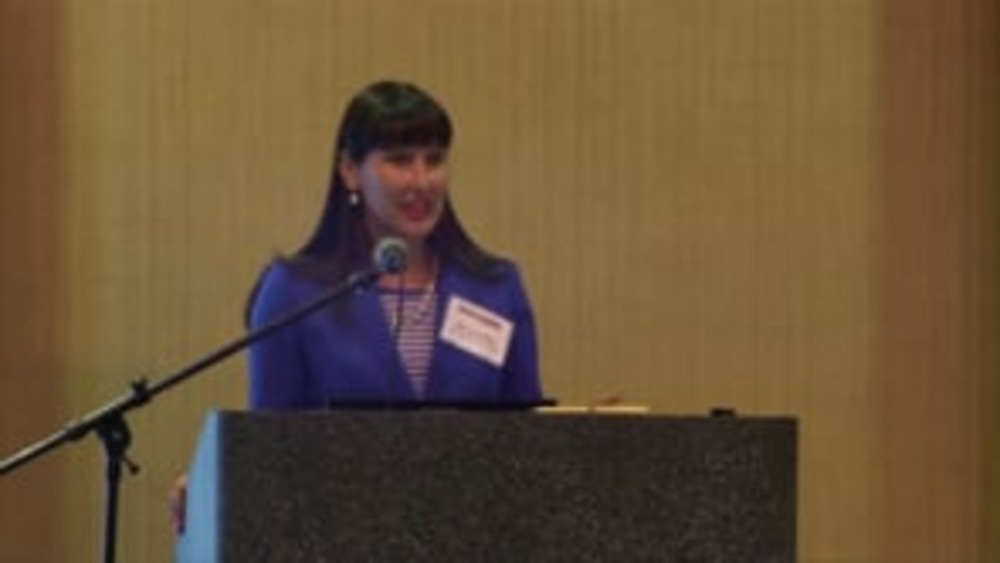
Jill Doerfler: Defining Citizenship: Blood Quantum vs. Descendancy
Scholar Jill Doerfler (Anishinaabe) talks about the colonial origins of blood quantum as a criterion for determining "Indian" and tribal identity, and explains how the federal government imposed that criterion upon the White Earth people in order to divest them of their land. She also stresses the…
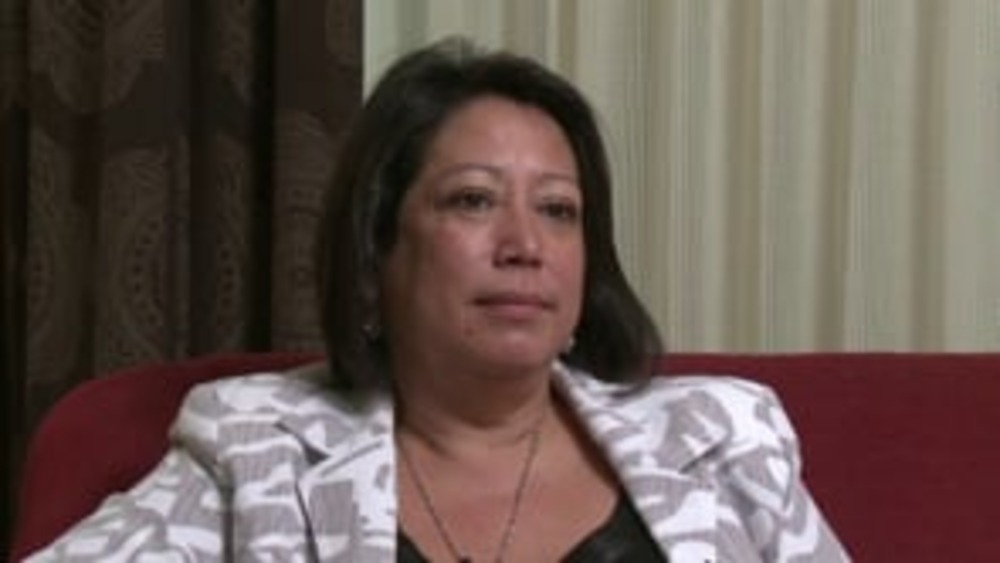
Angela Wesley: Huu-ay-aht First Nations' Forging of a New Governance System
Angela Wesley, Chair of Huu-ay-aht Constitution Committee, discusses the painstaking effort the Huu-ay-aht First Nations undertook to develop a new constitution and system of governance, and how they continue to work to turn the promise of self-governance embodied in their new constitution into…
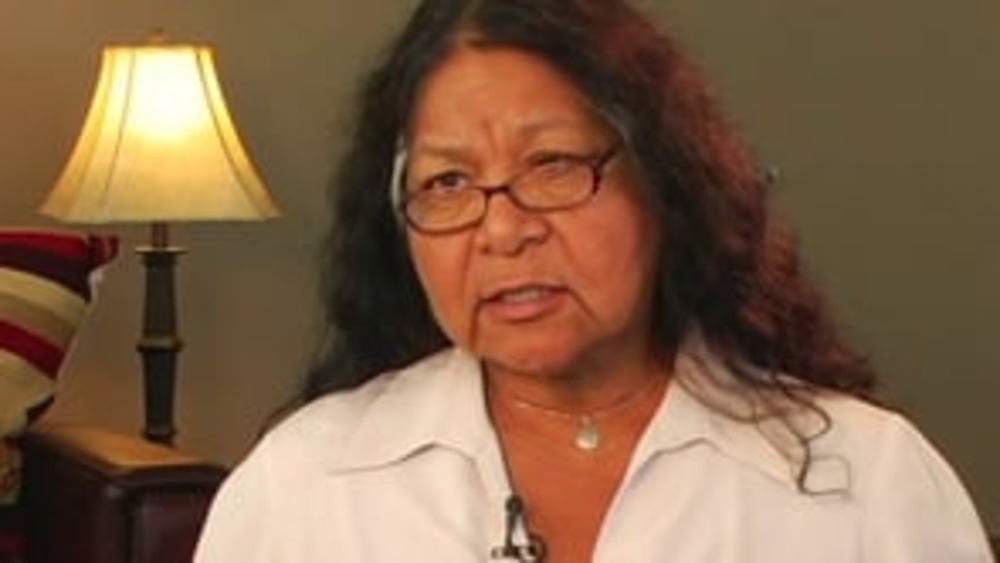
Diane Enos: Building a Sustainable Economy at Salt River
In this informative interview with NNI's Ian Record, Diane Enos, President of the Salt River Pima-Maricopa Indian Community, discusses some of the many significant steps that Salt River has taken over the past few decades to systematically build a self-sufficient, sustainable economy.
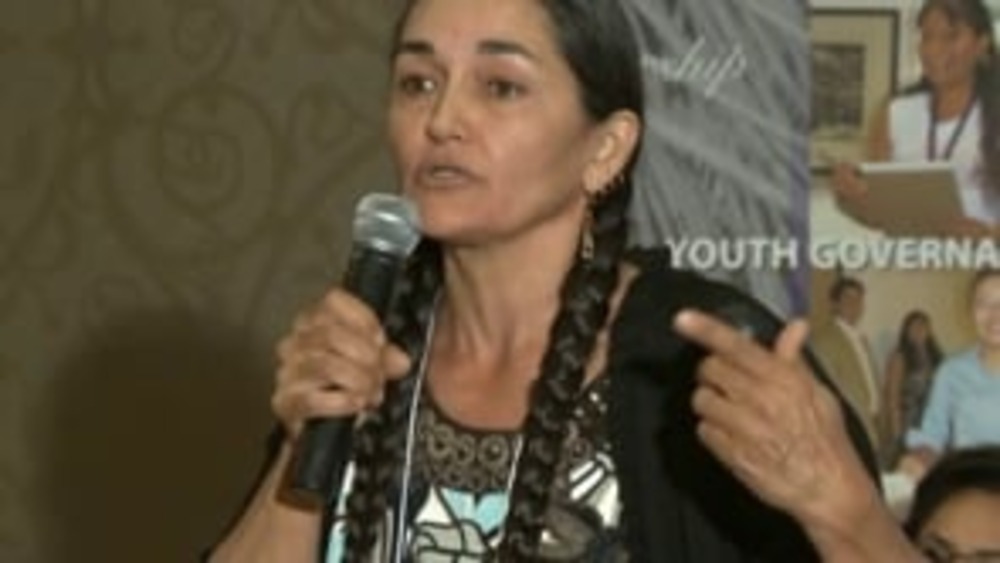
Gwen Phillips: The Relationship Between Constitution, Culture, and Citizenship
Gwen Phillips, Director of Corporate Services and Governance Transition with the Ktunaxa Nation, discusses some of the issues that the Ktunaxa Nation is deliberating as it engages the question of how to redefine its criteria for citizenship.
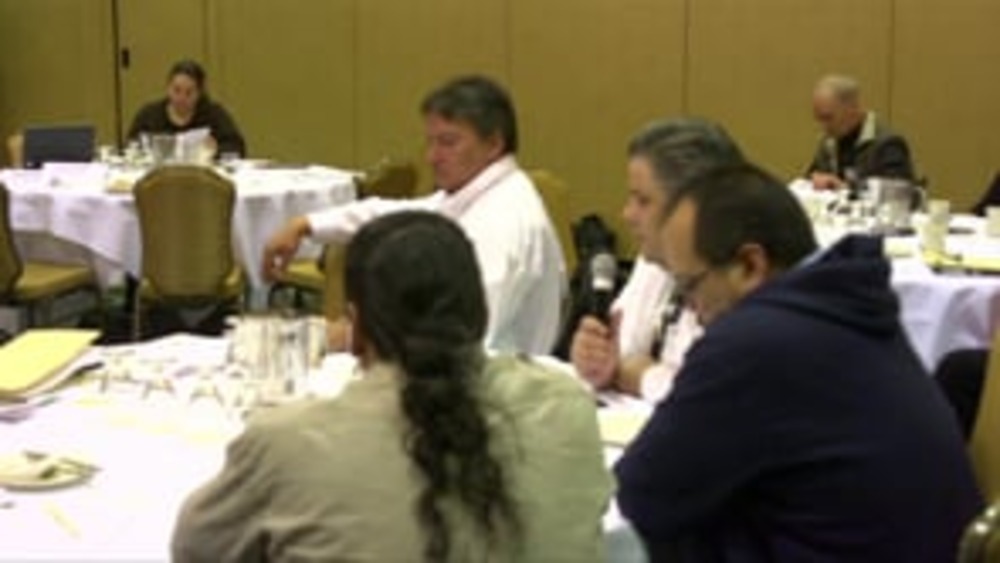
Jill Doerfler and Matthew Fletcher: Defining Citizenship: Blood Quantum vs. Descendancy (Q&A)
Panelists Jill Doerfler and Matthew Fletcher fields questions from the audience, and several participants offer their heartfelt perspectives on the complicated cultural and social dynamics surrounding citizenship and identity in their respective Native nations and communities. This video…
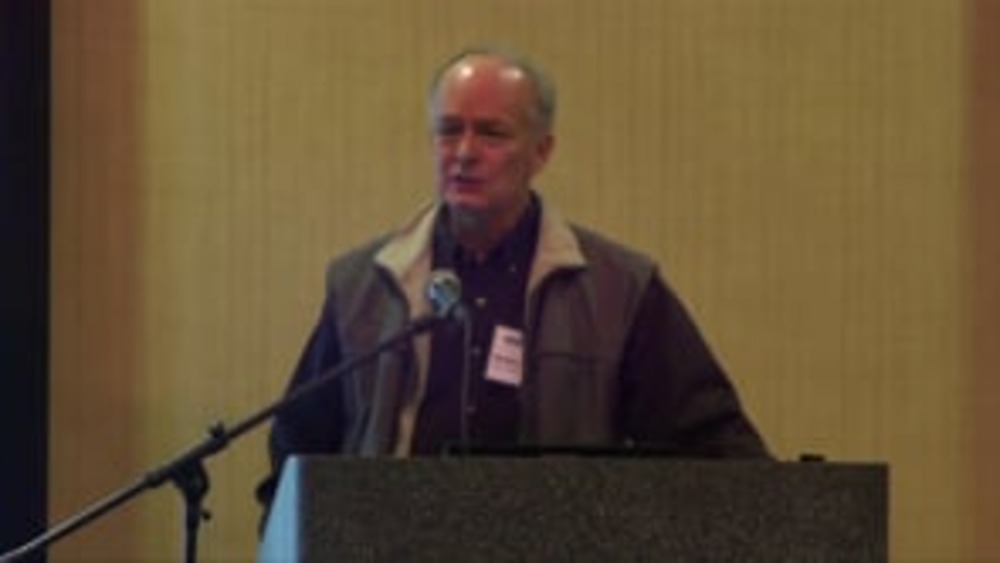
Stephen Cornell: Creating Citizens: A Fundamental Nation-Rebuilding Challenge
NNI Faculty Associate Stephen Cornell discusses how colonial policies have distorted and corrupted Native nations' conceptions of identity, citizenship and nationhood, and stresses the need for Native nations to forge a strategic vision of their long-term futures and then work to create among their…
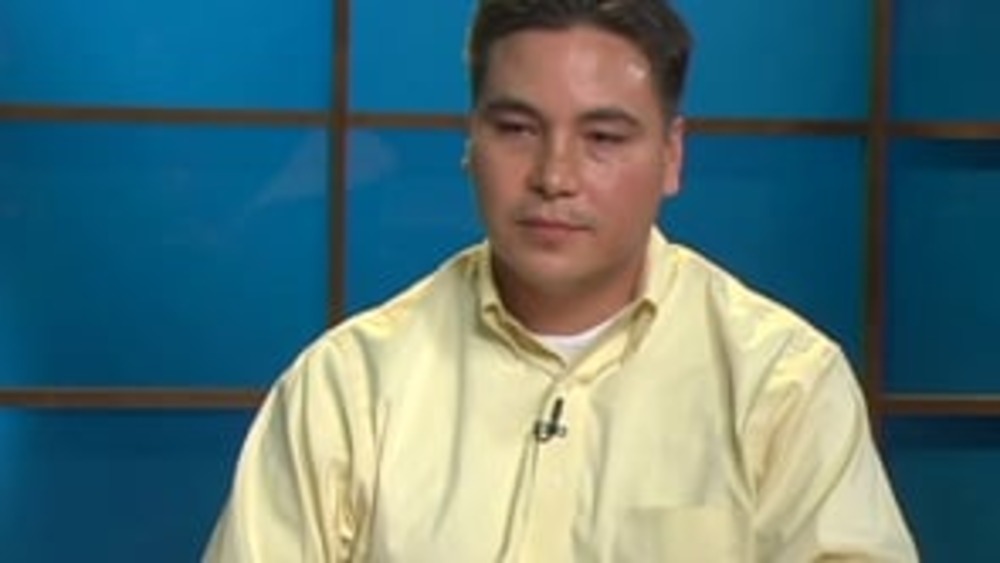
Donald "Del" Laverdure: Nation Rebuilding through Constitutional Reform at Crow
In this in-depth interview with NNI's Ian Record, Donald “Del” Laverdure, a citizen of the Apsáalooke Nation (Crow Tribe) and former Chief Justice of the Crow Tribe Court of Appeals, discusses his nation's monumental effort to discard a constitution and system of governance that were not…
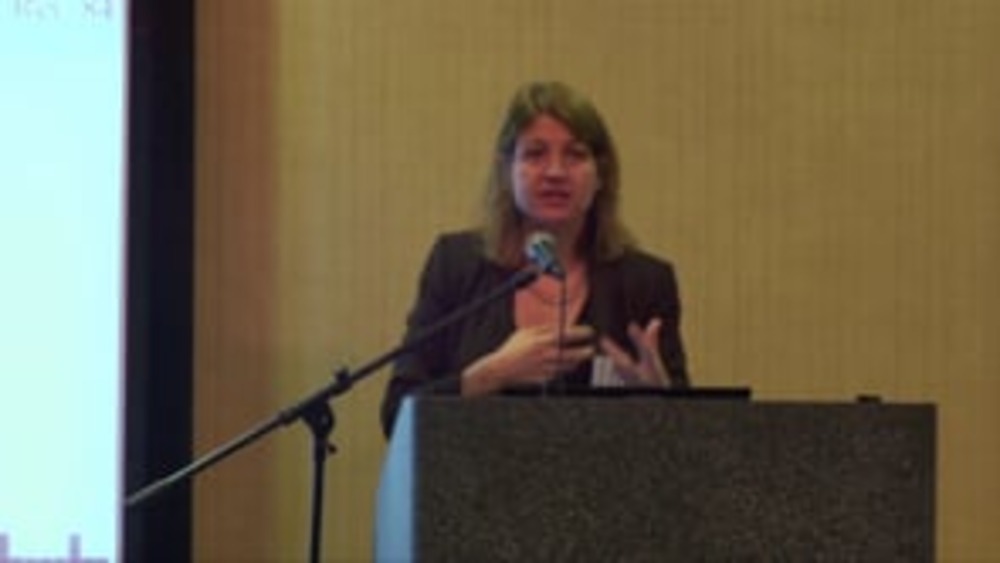
Bethany Berger: Citizenship: Culture, Language and Law
University of Connecticut Law Professor Bethany Berger provides a brief history of the federal policies that have negatively impacted the ways that Native nations define and enforce their criteria for citizenship historically through to the present day. This video resource is featured on the…
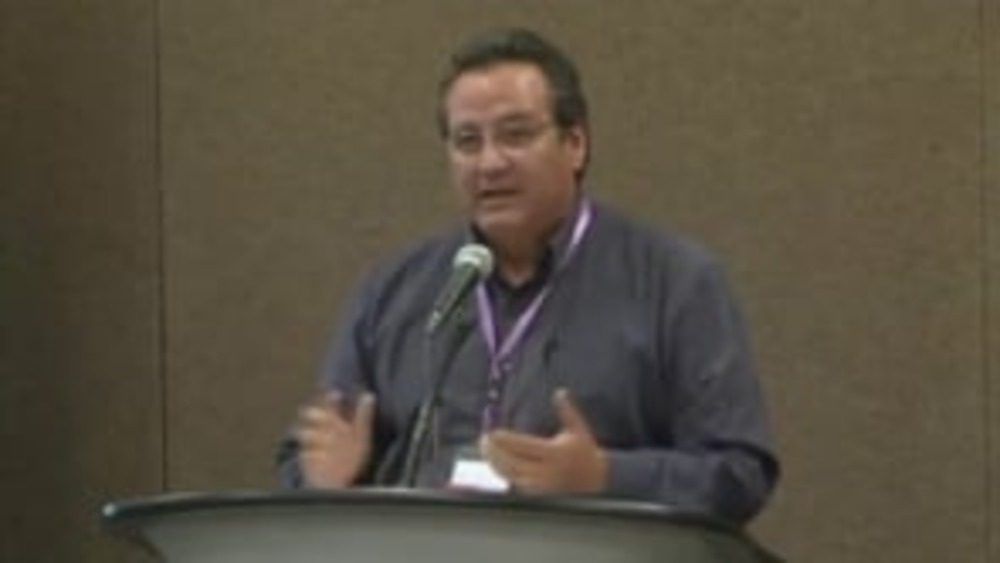
Jim Gray: The Role of Citizen Engagement in Nation Building: The Osage Story
Jim Gray, former Principal Chief of the Osage Nation, provides an overview of how the Osage Nation completely overhauled its constitution and system of governance, sharing the strategies that Osage used to educate and engage its citizens in order to ensure that their new government reflected the…
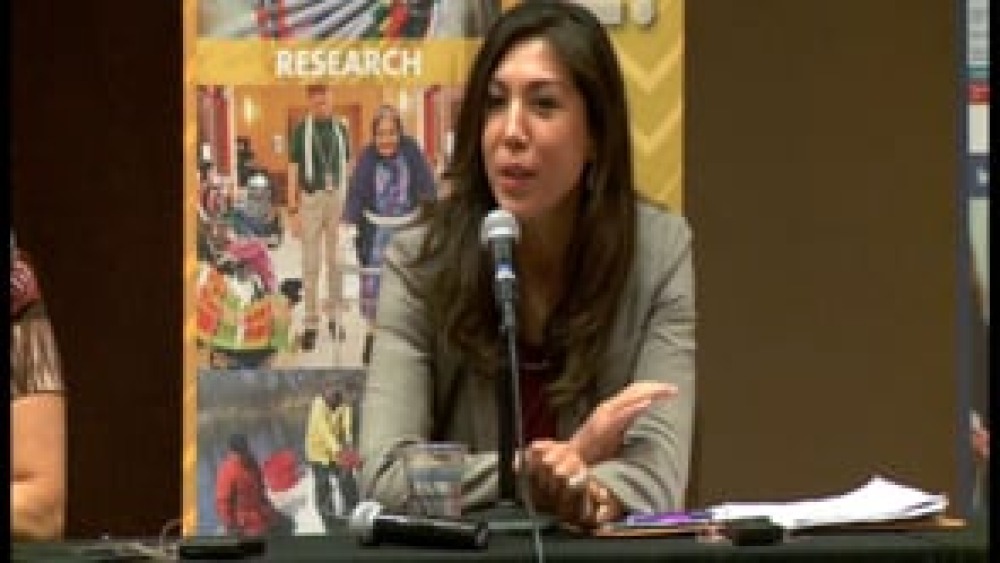
Paulette Jordan: Engaging the Nation's Citizens and Effecting Change: The Coeur d'Alene Story
Paulette Jordan, citizen and council member of the Coeur d'Alene Tribe in Idaho, discusses the importance of Native nation leaders being grounded in their culture and consulting the keepers of the culture (their elders) so that they approach the leadership challenges they face with the proper…
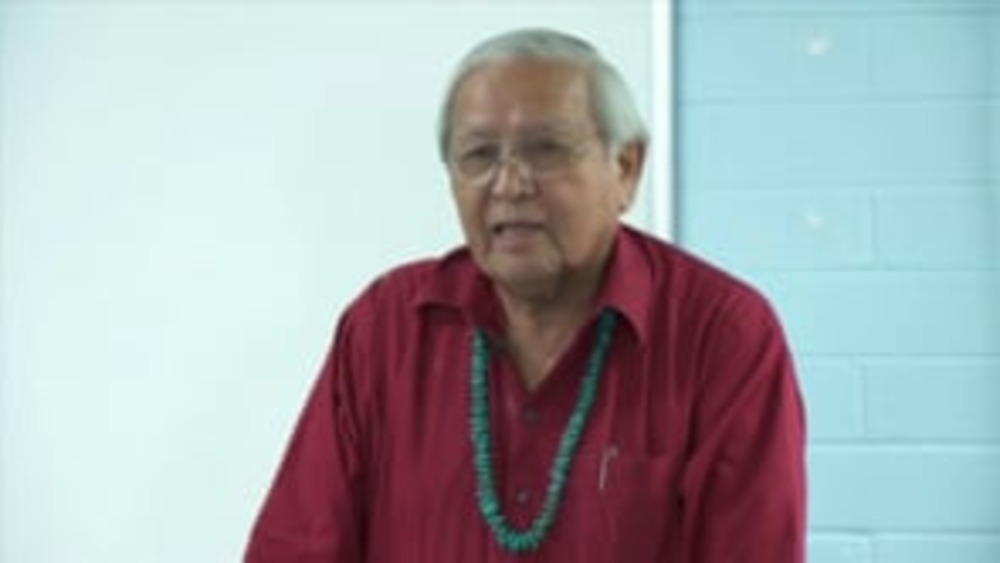
Peterson Zah: Native Nation Building: The Place of Education
Dr. Peterson Zah, former Chairman and President of the Navajo Nation, discusses the importance of higher education in empowering Native nations' efforts to achieve their nation-building goals. He also discusses the Navajo Nation Permanent Trust Fund as an example of the strategic orientation that…
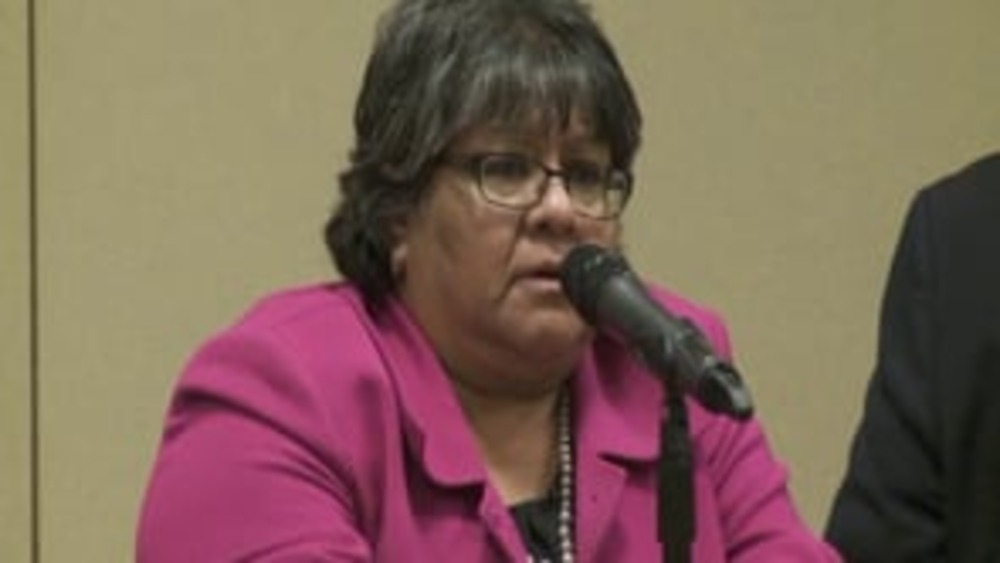
Luann Leonard, Stephen Roe Lewis and Walter Phelps: Bridging the Gap: How Native Culture Forges Native Leaders
Luann Leonard (Hopi), Stephen Roe Lewis (Gila River Indian Community), and Walter Phelps (Navajo) discuss how their personal approaches to leadership have been and continue to be informed by their Native nations' distinct cultures and core values and those keepers of the culture in their…
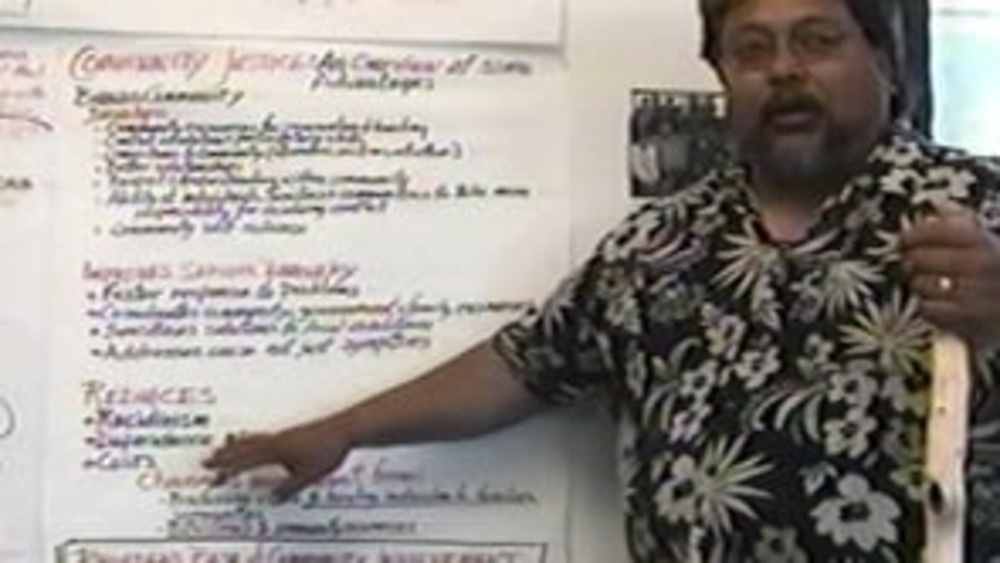
Kake Circle Peacemaking - Overview Video
This video -- produced by the Organized Village of Kake -- depicts the restoration of traditional methods of dispute resolution the Organized Village of Kake adopted Circle Peacemaking as its tribal court in 1999. Circle Peacemaking brings together victims, wrongdoers, families, religious leaders,…
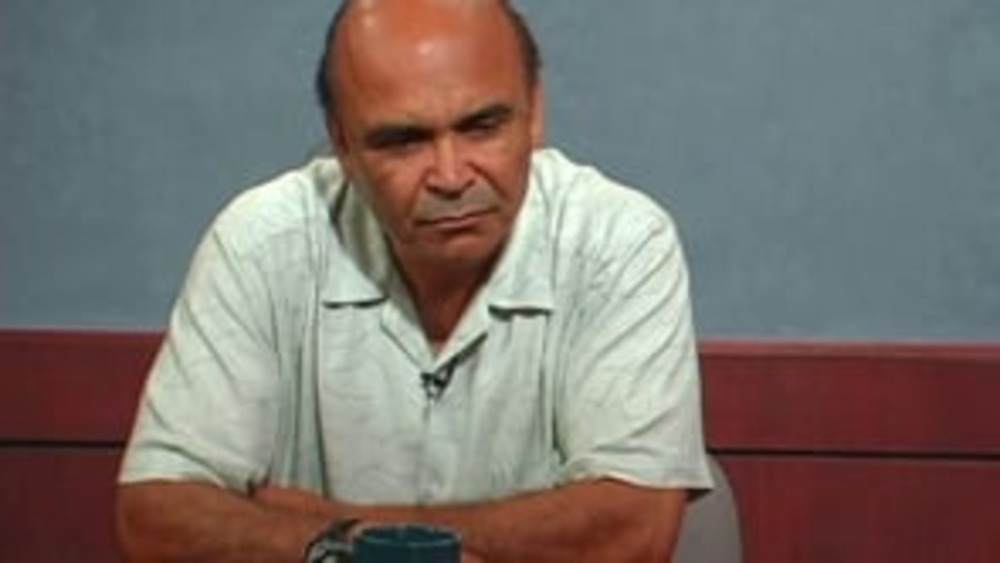
David Wilkins: Indigenous Governance Systems: Diversity, Colonization, Adaptation, and Resurgence
In this in-depth interview with NNI's Ian Record, federal Indian law and policy scholar David Wilkins discusses the incredible diversity and sophistication of traditional Indigenous governance systems, the profound impacts colonial policies had on those systems, and how Native nations are working…
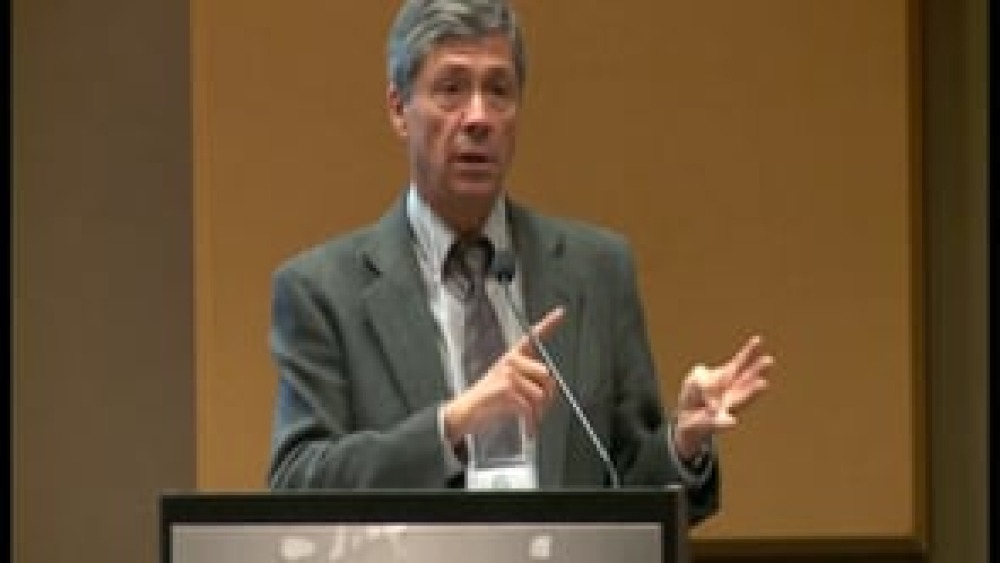
Robert Miller: Creating Sustainable Reservation Economies
In this informative and lively talk, law professor Robert Miller discusses the importance of Native nations building diversified, sustainable reservation economies through the cultivation and support of small businesses owned by their citizens, and offers some strategies for how Native nations can…
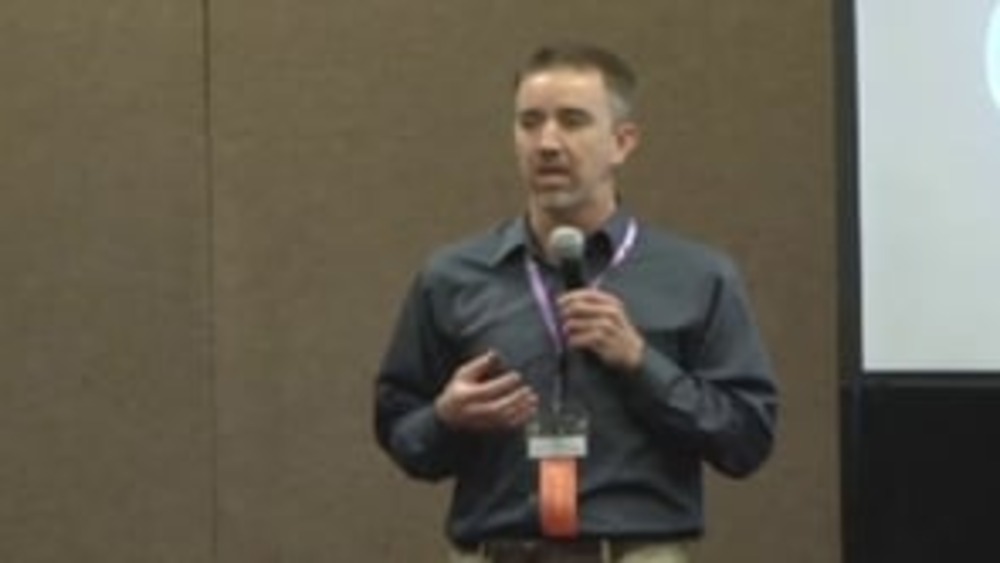
Ian Record: Citizen Engagement: The Key to Establishing and Sustaining Good Governance
For Native nations, establishing and sustaining the good governance necessary to determine and then achieve their strategic priorities hinges on citizen engagement: the ability of a nation and its government to consult and educate its citizens about the major decisions it makes and implements in…
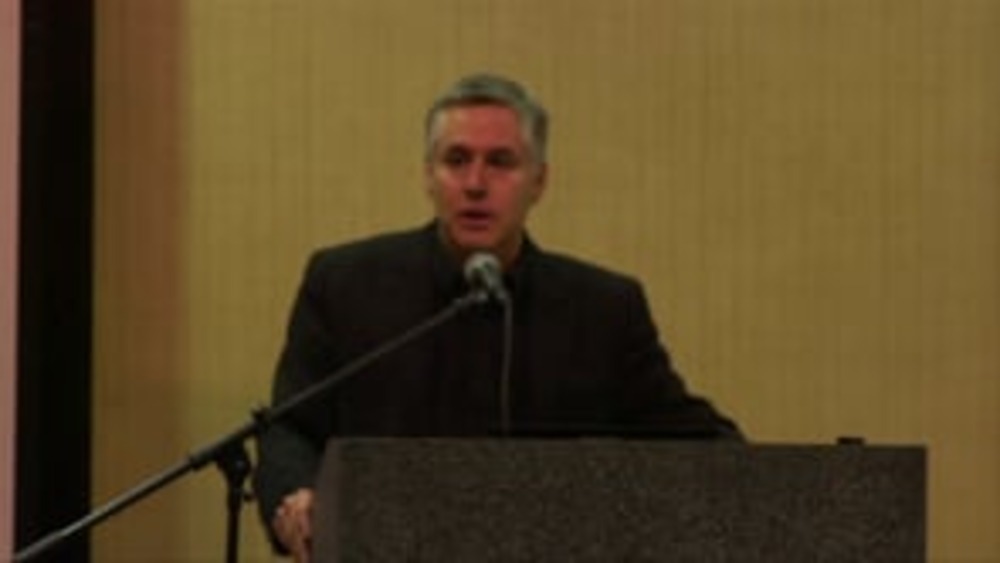
John Borrows: Anishinaabe Principles of Citizenship and Identity
University of Minnesota Law Professor John Borrows (Anishinaabe) provides an overview of how Anishinaabe people defined citizenship and identity traditionally, and how the cultural principles embedded in that traditional definition possess great power to inform laws defining tribal citizenship…
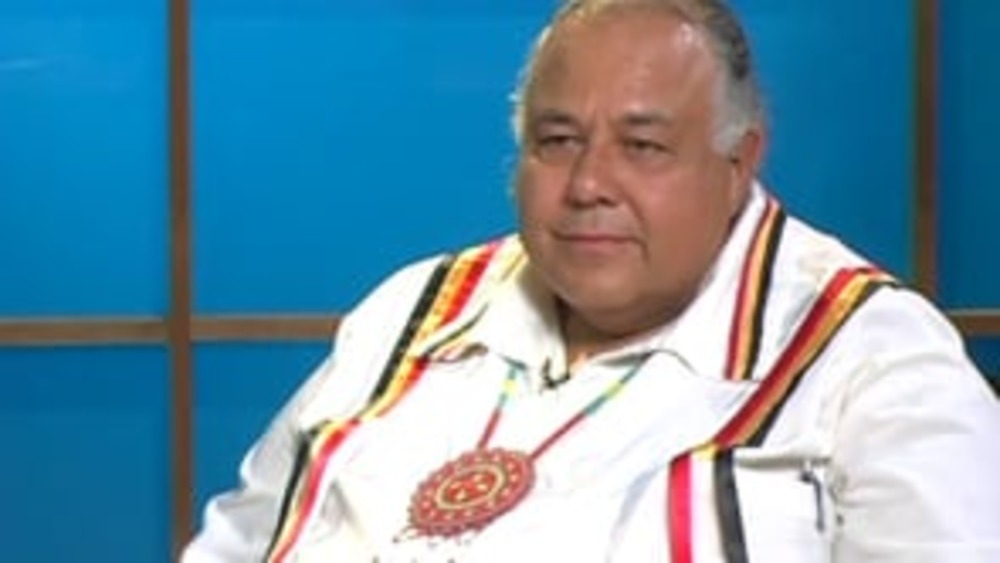
NNI Indigenous Leadership Fellow: Frank Ettawageshik (Part 2)
Frank Ettawageshik, former chairman of the Little Traverse Bay Bands of Odawa Indians (LTBBO), discusses the critical role that intergovernmental relationship building plays in the practical exercise of sovereignty and the rebuilding of Native nations. He shares several compelling examples of…
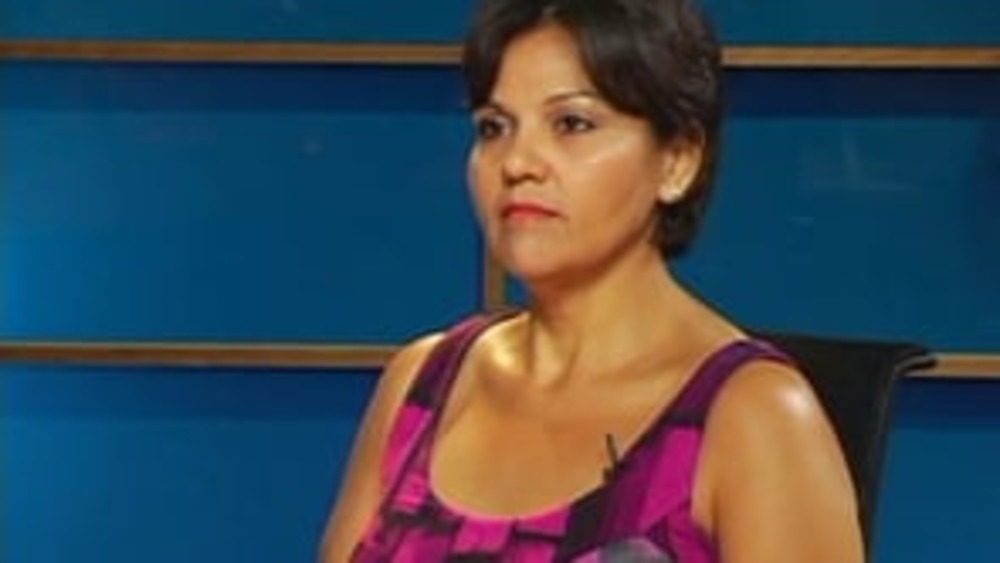
NNI Indigenous Leadership Fellow: Rae Nell Vaughn (Part 1)
Rae Nell Vaughn, former Chief Justice of the Mississippi Choctaw Supreme Court, discusses the critical role that justice systems play in the rebuilding of Native nations and shares how the Mississippi Band of Choctaw Indians has worked to develop its justice system to reflect and promote its…
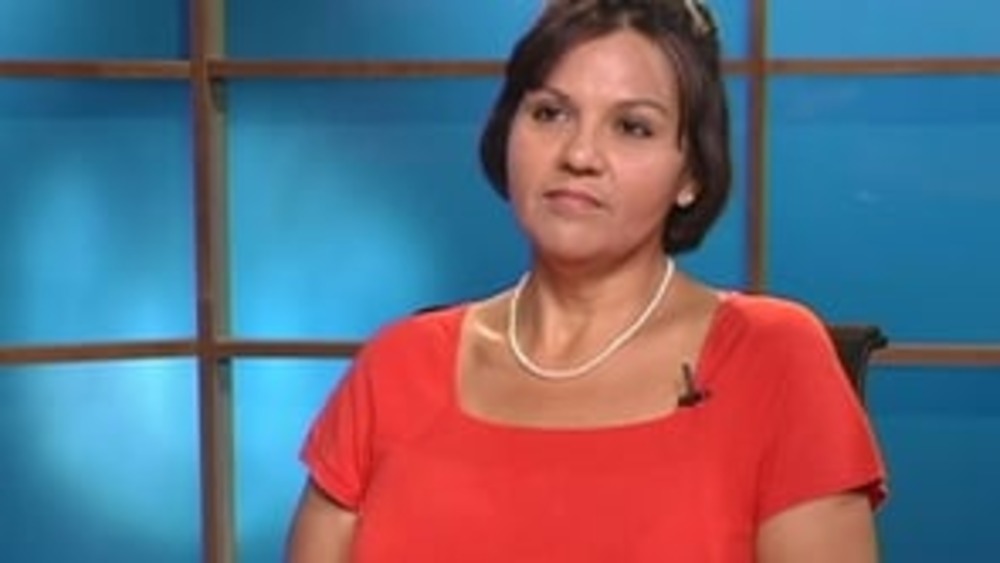
NNI Indigenous Leadership Fellow: Rae Nell Vaughn (Part 2)
Rae Nell Vaughn, former Chief Justice of the Mississippi Choctaw Supreme Court, shares how her nation methodically re-integrated Choctaw core values into its administration of justice, and how Mississippi Choctaw's creation of a fair and efficient justice system is paying social, cultural,…
Pagination
- First page
- …
- 35
- 36
- 37
- …
- Last page
